What is VPS?
VPS is the Vroom Performance Suite
Simply put, VPS is a performance monitoring, tuning and alerting tool for Windows, SQL Server, VMWare and IIS. VPS was conceptualized and built out of necessity as tools that exist in this ecosystem lack various features that simply the daily life of Database Administrators, Systems Engineers and Developers. We set our sights on creating a tool that would capture everything we need to make proactive decisions, keep us informed about anomalies, call-out pain points, and allow us to tune negative workloads.
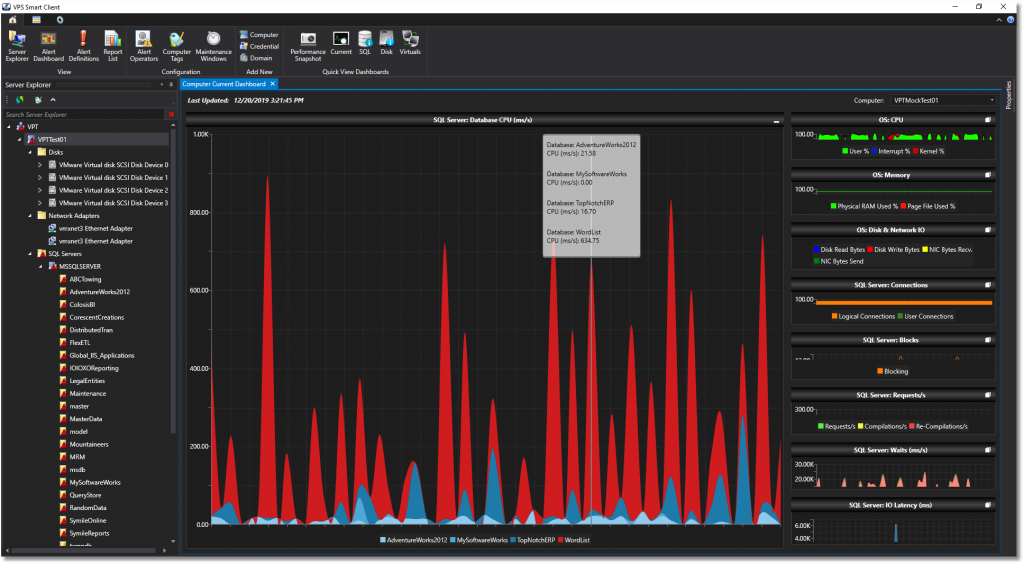
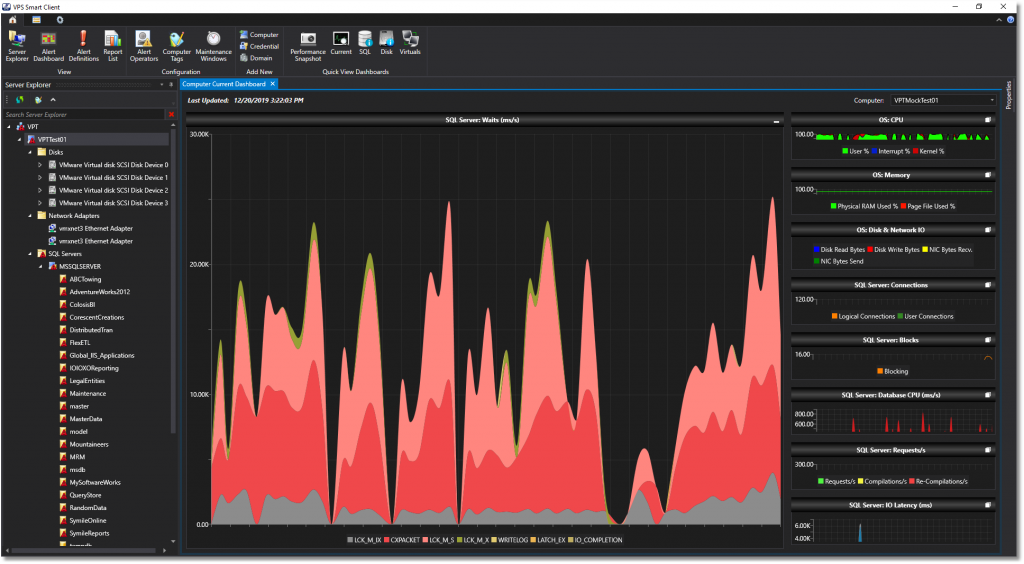
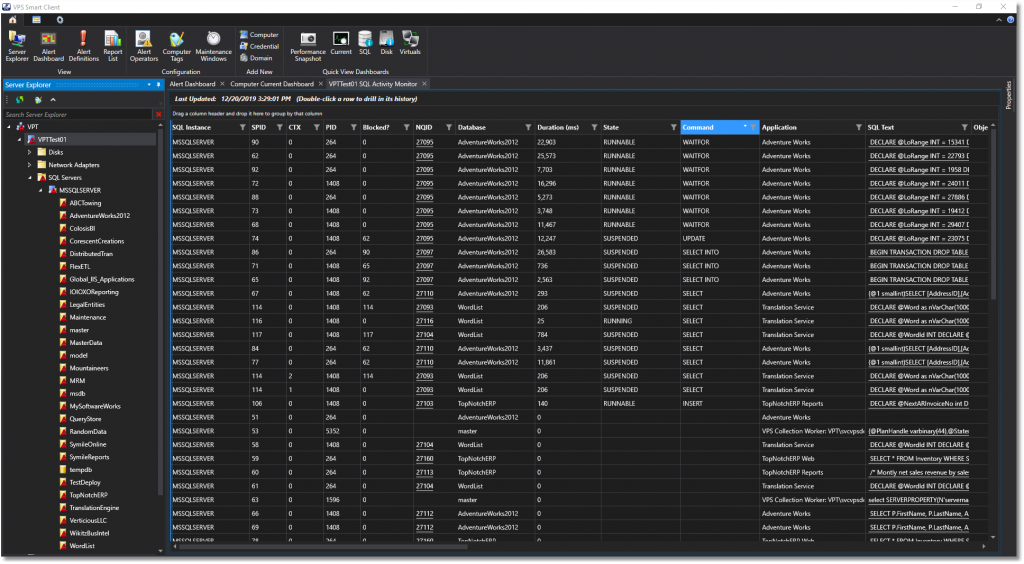
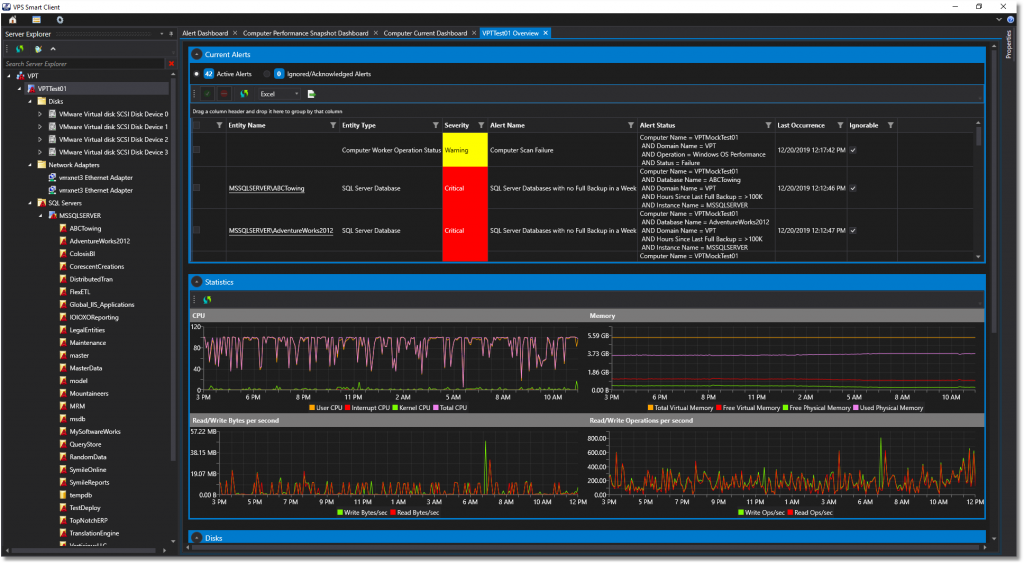
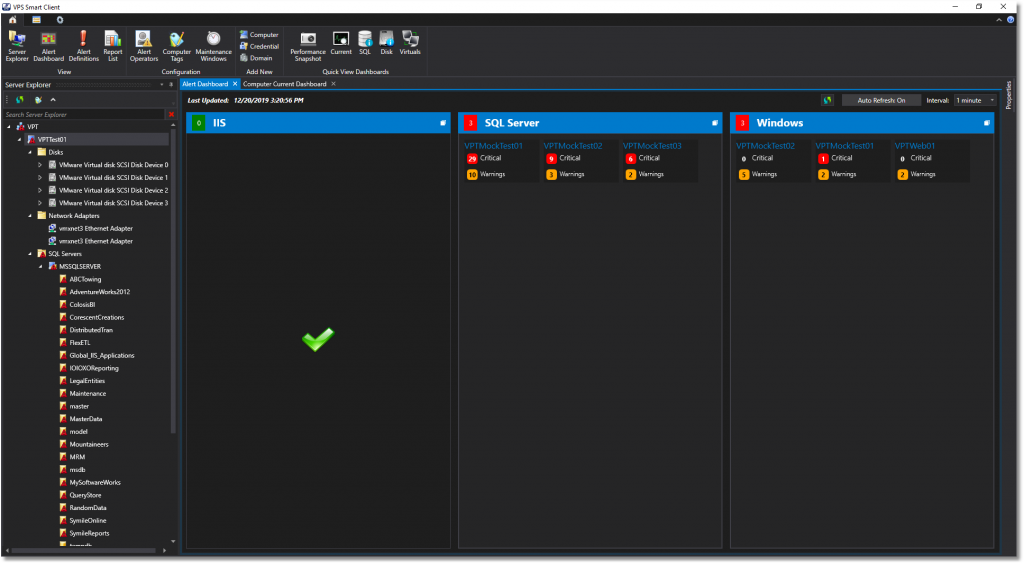
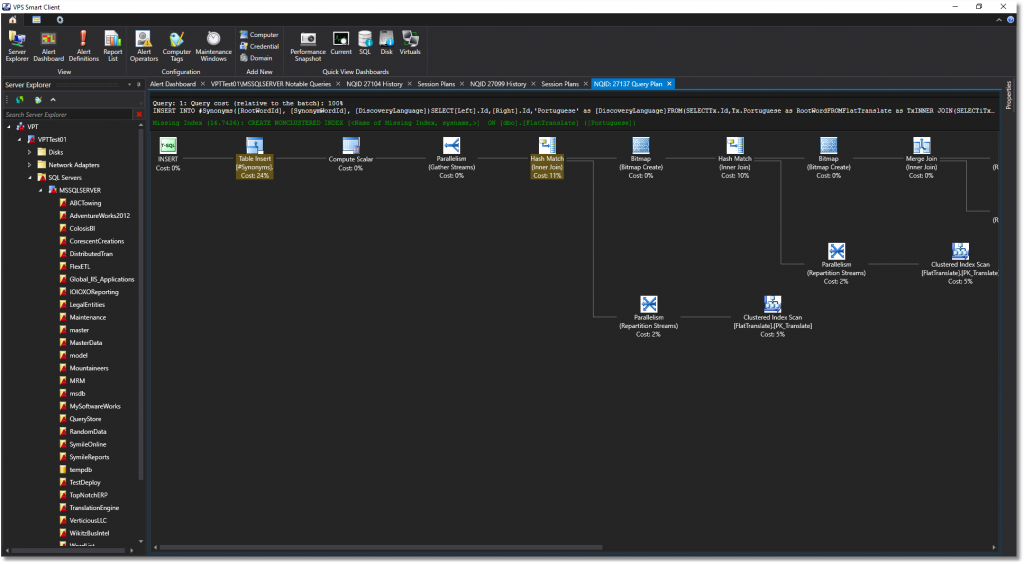
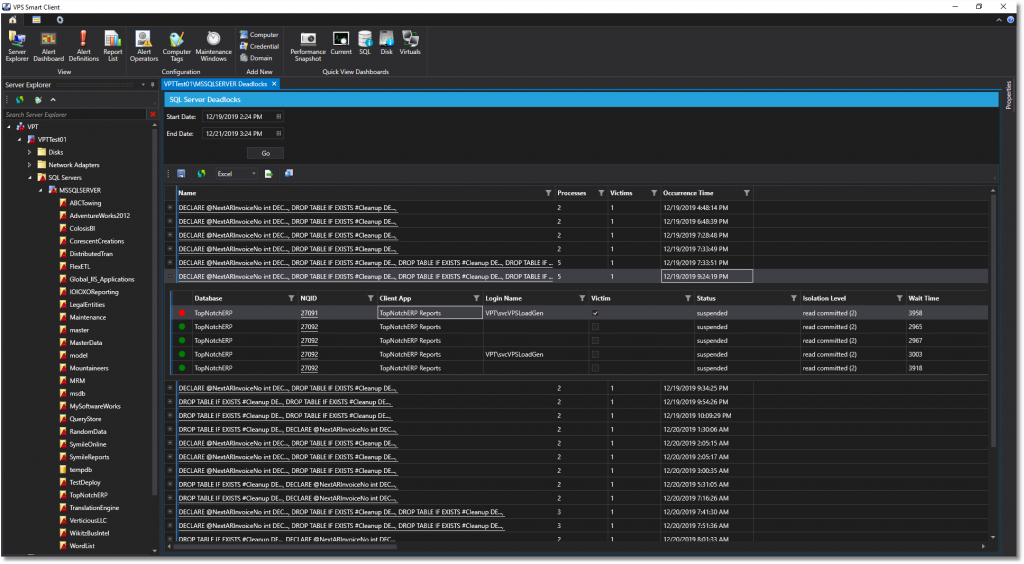
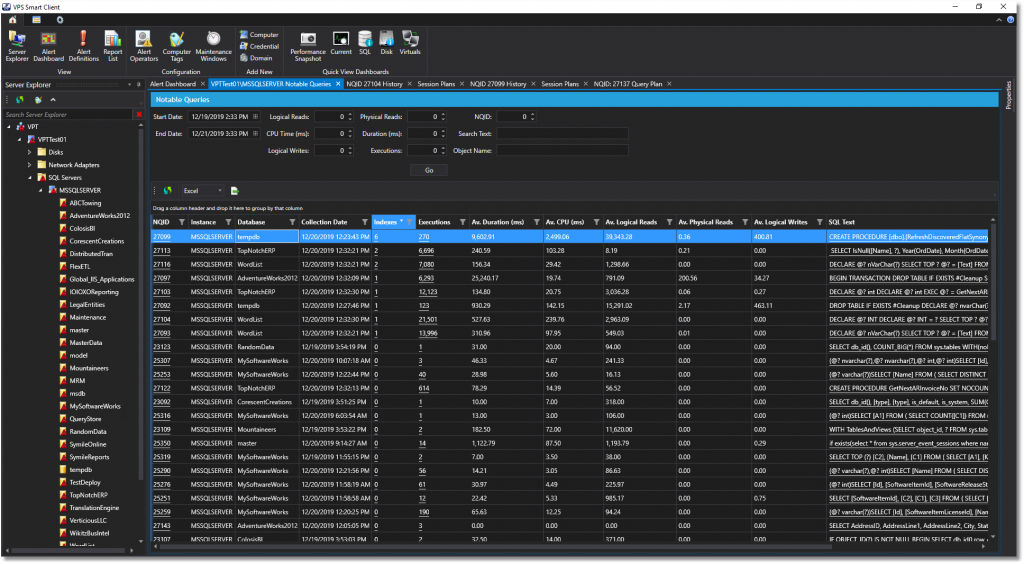
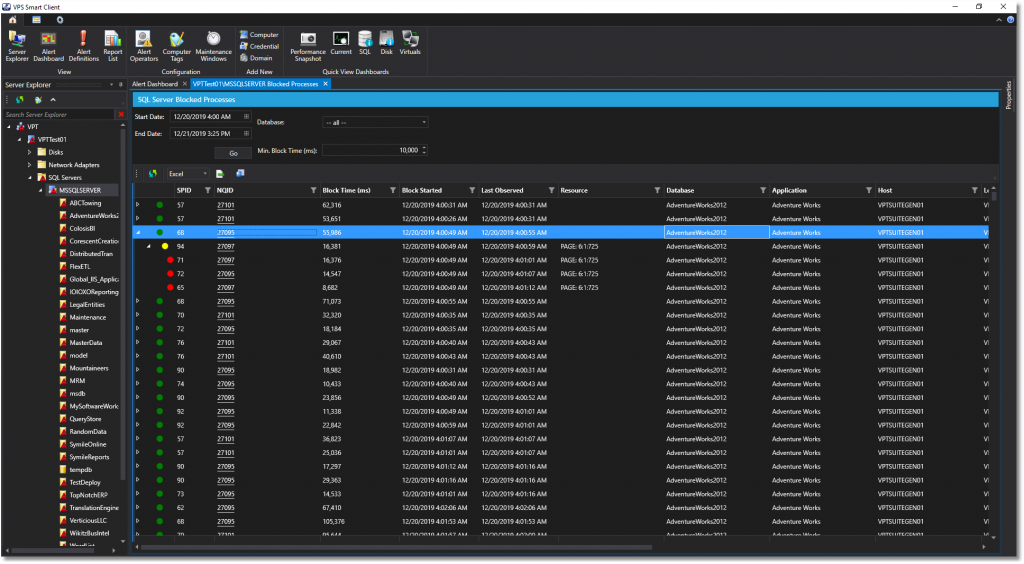
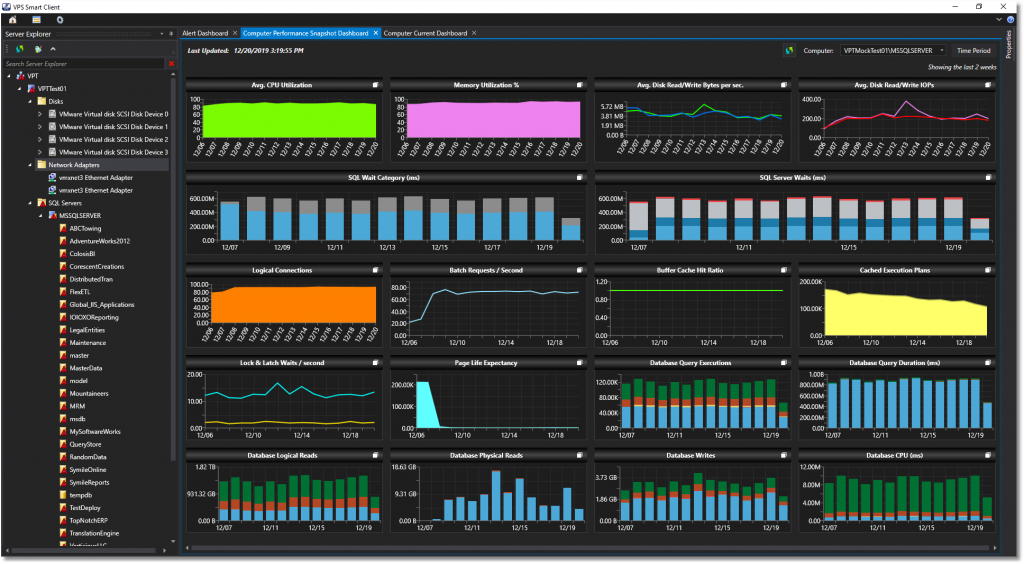
Alerting
We built VPS is on top of a powerful alerting engine. Conditions that cause alerts to be triggered flow though the alerting engine by development pattern – nothing is missed. Say goodbye to the days of getting alerts minutes or hours after conditions arise.
Historical Context
We care about historical context. We found that when systems are being reported as slow that engineers would often notice a process which is running for a long time or consuming high degrees of resources. Trouble is, this process is often just a distraction from the root cause of the complaint. While the engineer should come back to the long running process, VPS makes it clear that the process is not operating out-of-phase with its normal operation and points the engineer at more likely culprits. When it comes to historical context, VPS maintains an in-built data warehouse and aggregates history over years giving you the ability to compare past performance by years and months down to minutes and seconds.
Breadth of Metrics
VPS is unmatched when it comes to the number of performance and configuration metrics which are captured and aggregated. This is useful when (for example) it comes to planning for future server growth. VPS is going to give you all the metrics you need to make reasonable determinations.
The other case for a wide array of metrics is problem management. When something breaks, no one has ever wanted to have less information to diagnose the problem. With VPS you would be able to see more than just the basics like IOPS, CPU, memory etc. but would also be able to see entire block-chains, analyze disk usage of antivirus software, observe how much memory some random 3rd party utility was using and even associate the problem window with recent hardware changes whether they were physical, virtual or even part of a high-availability migration.
Intelligence
VPS has a lot of built in intelligence. For instance, we ship VPS with dozens of built-in alerts (which are customizable). We trend metrics automatically and tie current events to historical performance. Of course, we’re not talking about the easy things like tracking a windows process or a verbatim query, because VPS can reliably track processes across server and time boundaries. Even as query parameters, joins, casing, etc. are changed VPS will continue to associate performance metrics to the same logical unit of work. We even tie statements within batches to statements of other batches. All of this is accomplished via custom built logic heuristics – giving VPS a serious edge when it comes to tracking over time. It should be noted that VPS does not use SQL Servers Logic-hash as this is subject to change over time and from server to server.
Real-Time Metrics
Application performance monitors have traditionally been focused on one thing: “what happened in the past”. While VPS does excel at historical context it also features actual real-time workload analysis for your servers. VPS can show you what is running on your server right now and associate the running processes with past observations to give engineers a clear understanding of current state.
Performance and Small footprint.
VPS was built by performance conscious engineers applying industry accepted practices. VPS uses an aggressive caching scheme and performs in-memory hashing/aggregating to keep analytic workloads off of the systems that you need to monitor. VPS is also agentless requiring nothing to be installed on servers which are to be monitored. VPS also creates zero objects on monitored systems.
Security
VPS is security flexible allowing administrators to configure VPS to monitor each machine with a separate credential, use native credential pooling or a mixture of methods. We support domain as well as work-group environments. VPS also allows administrators to create internal security groups to restrict a user’s visibility of monitored servers.
